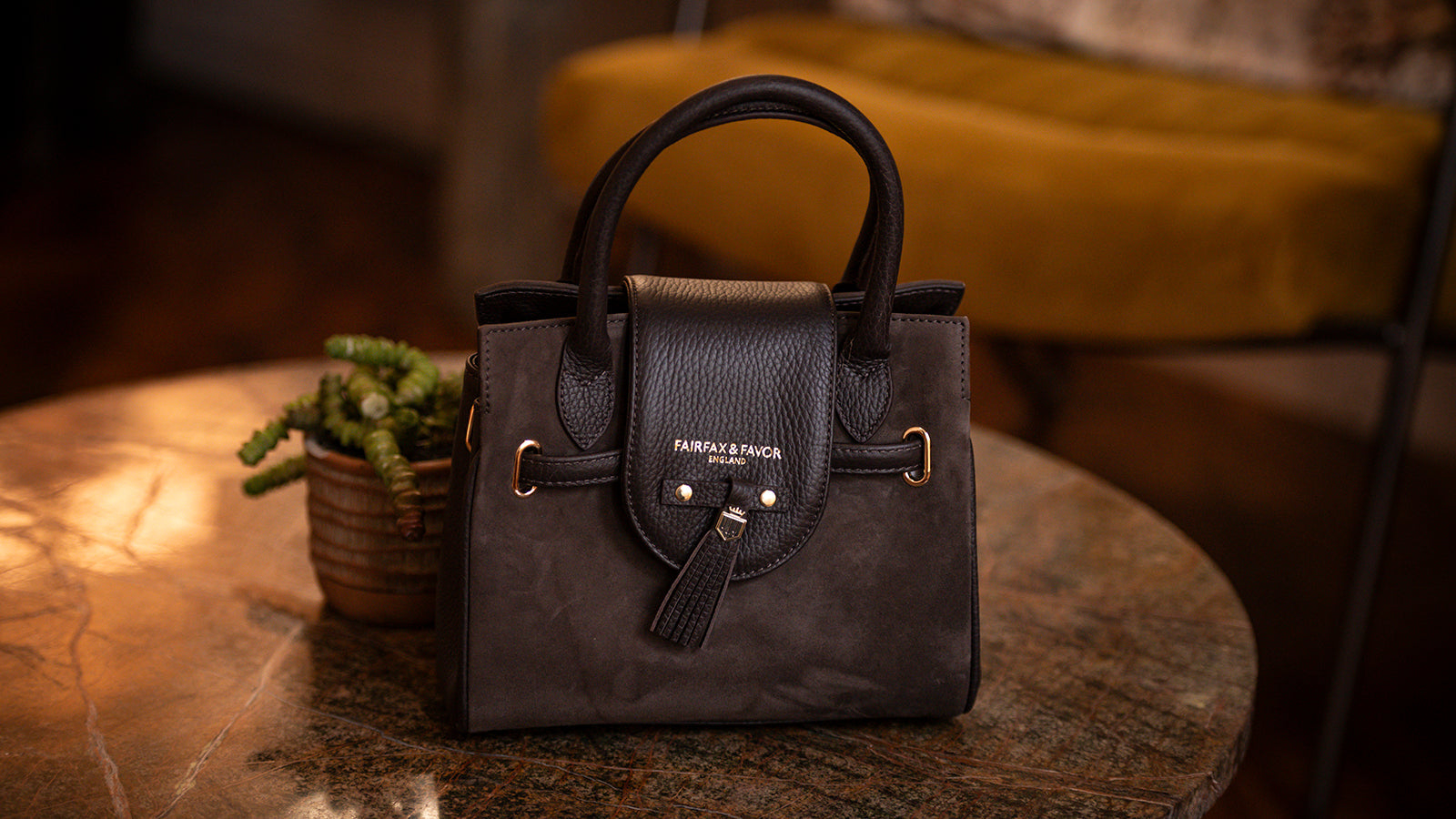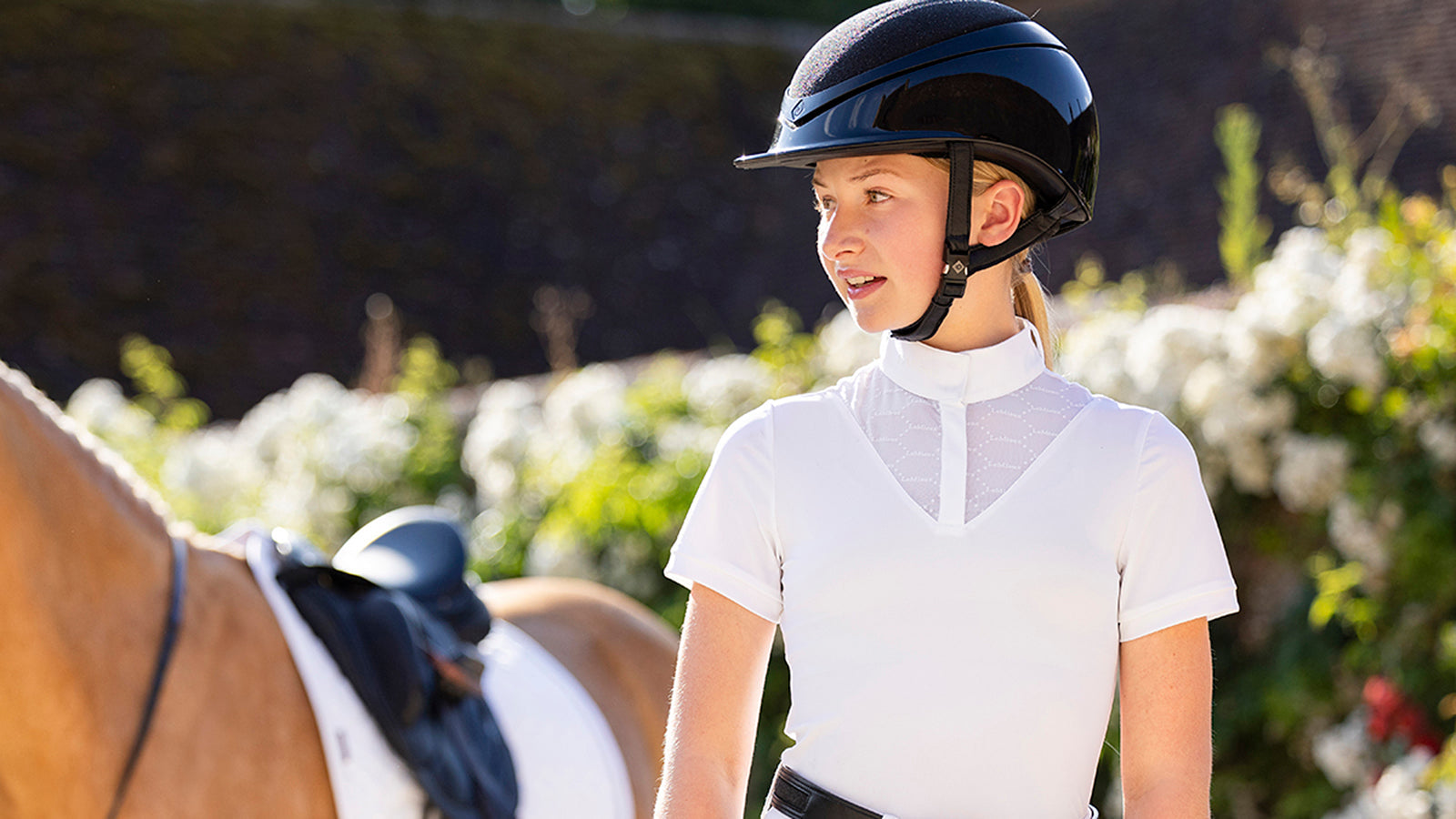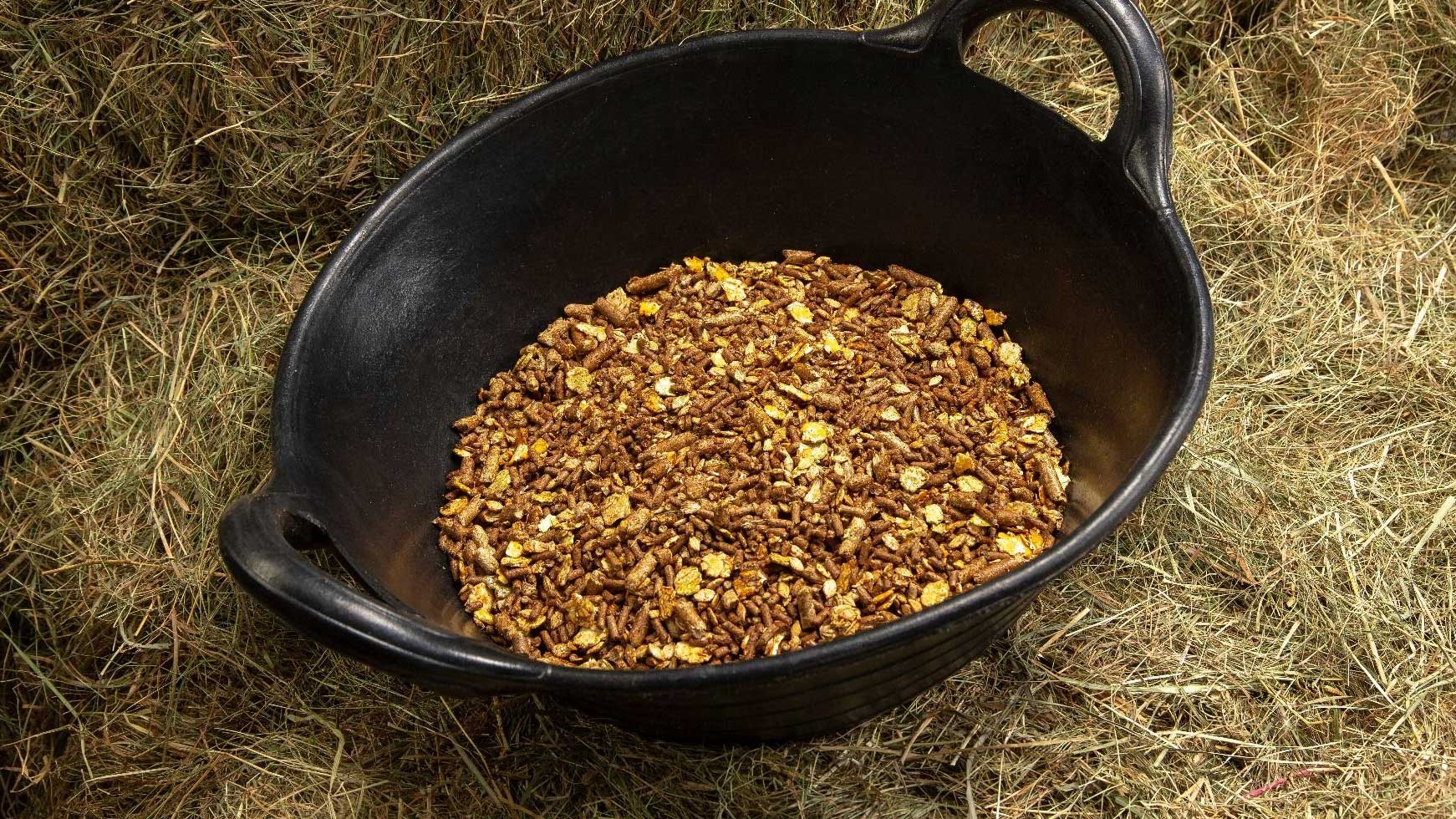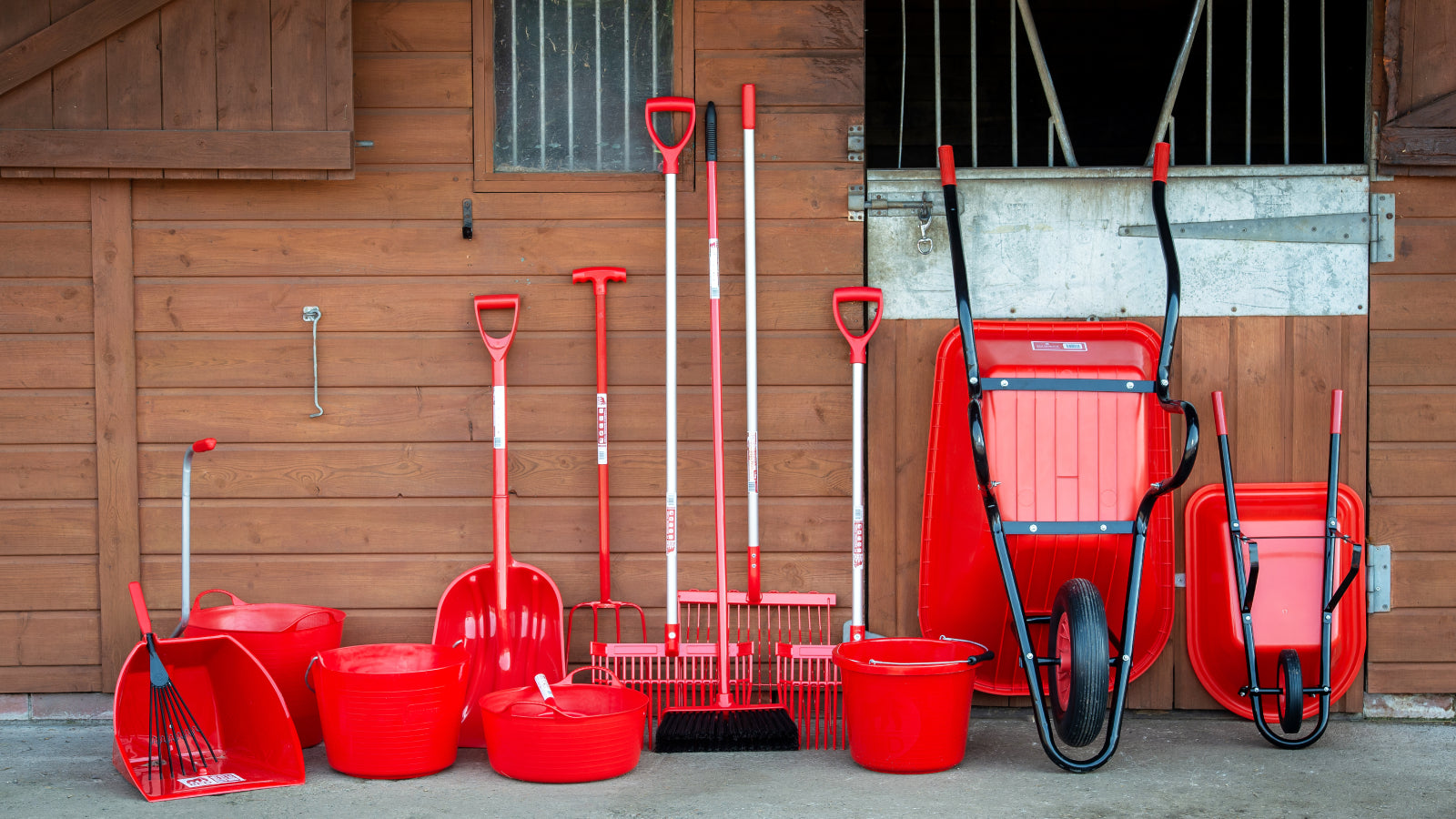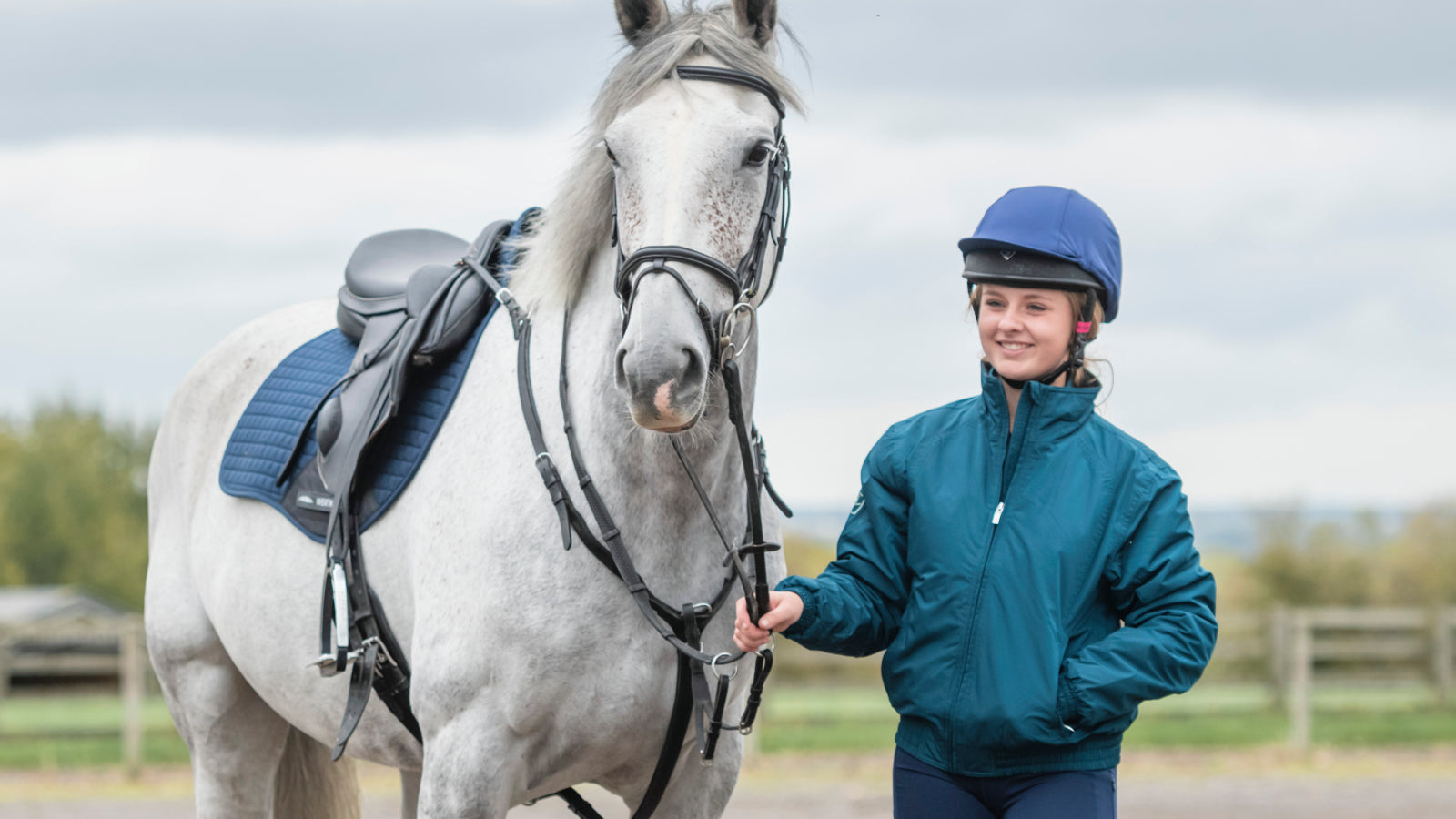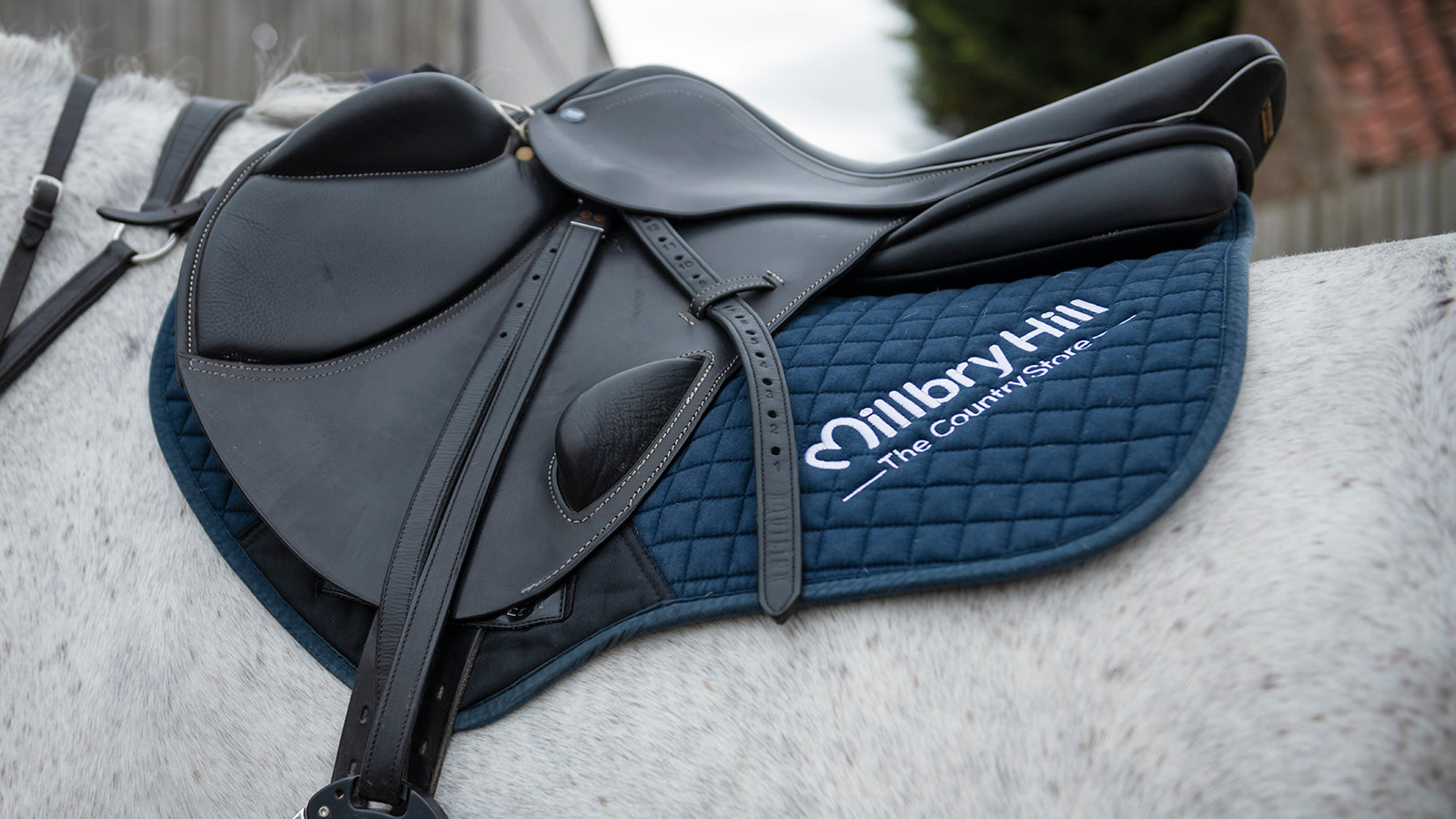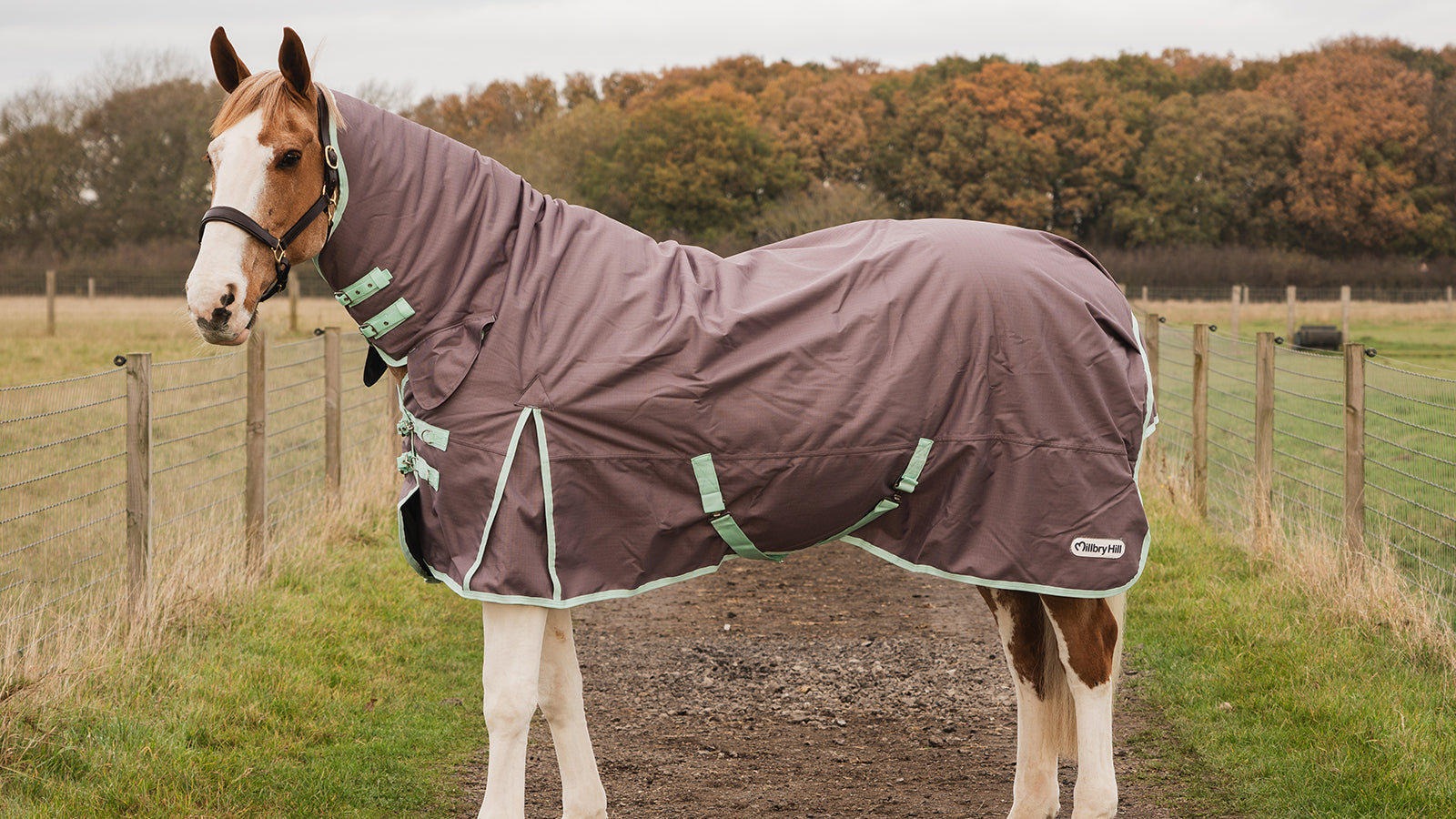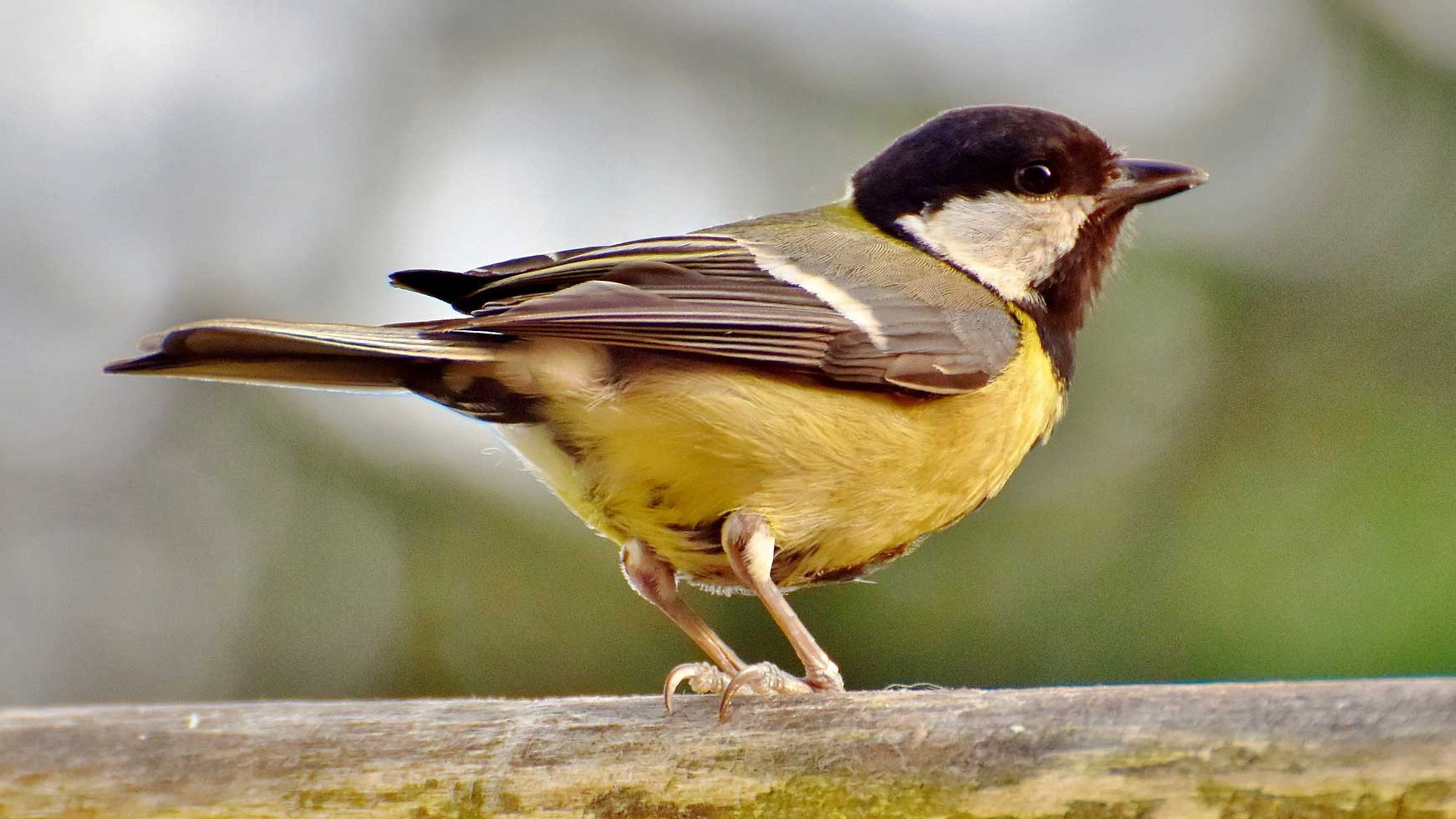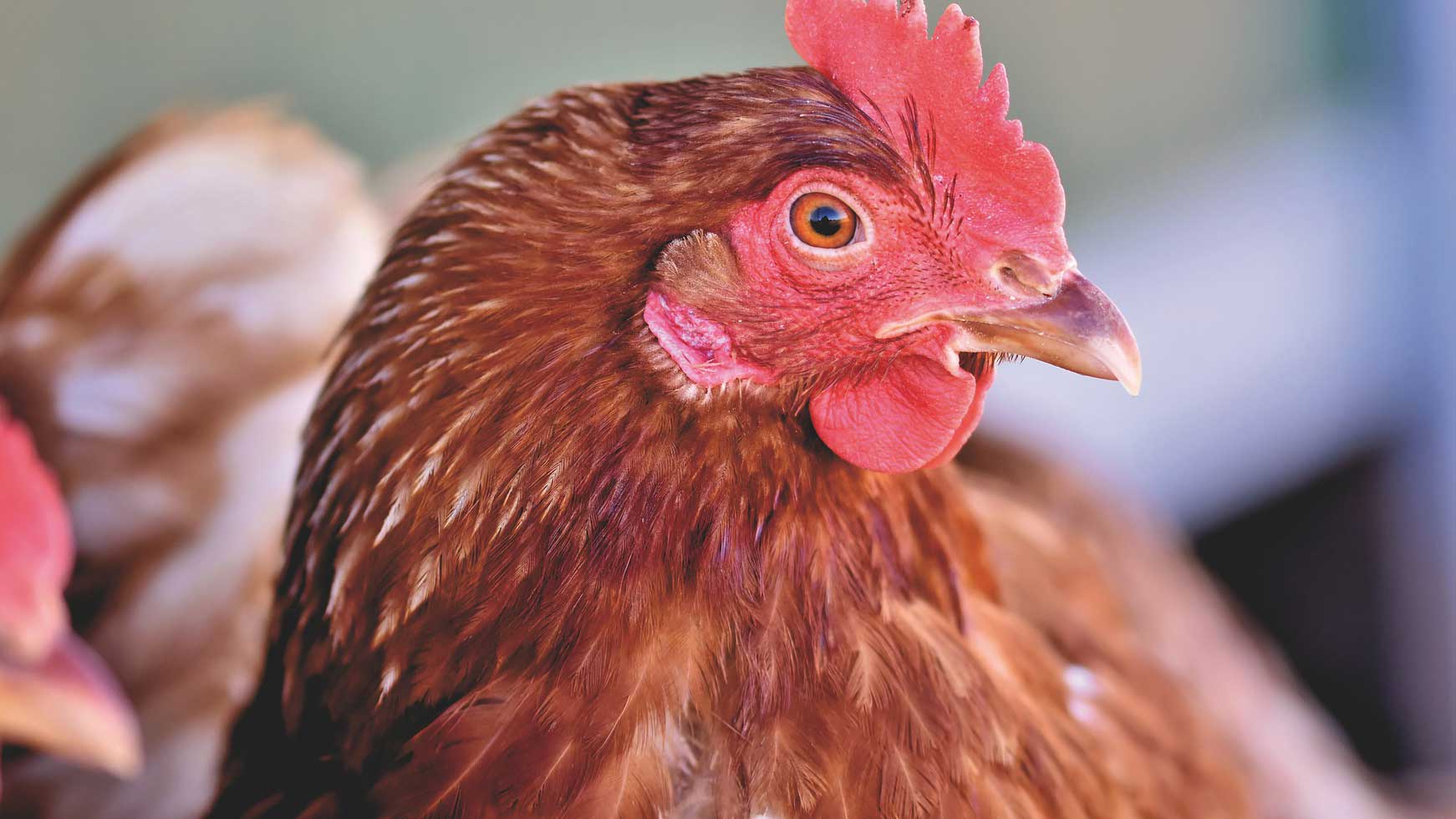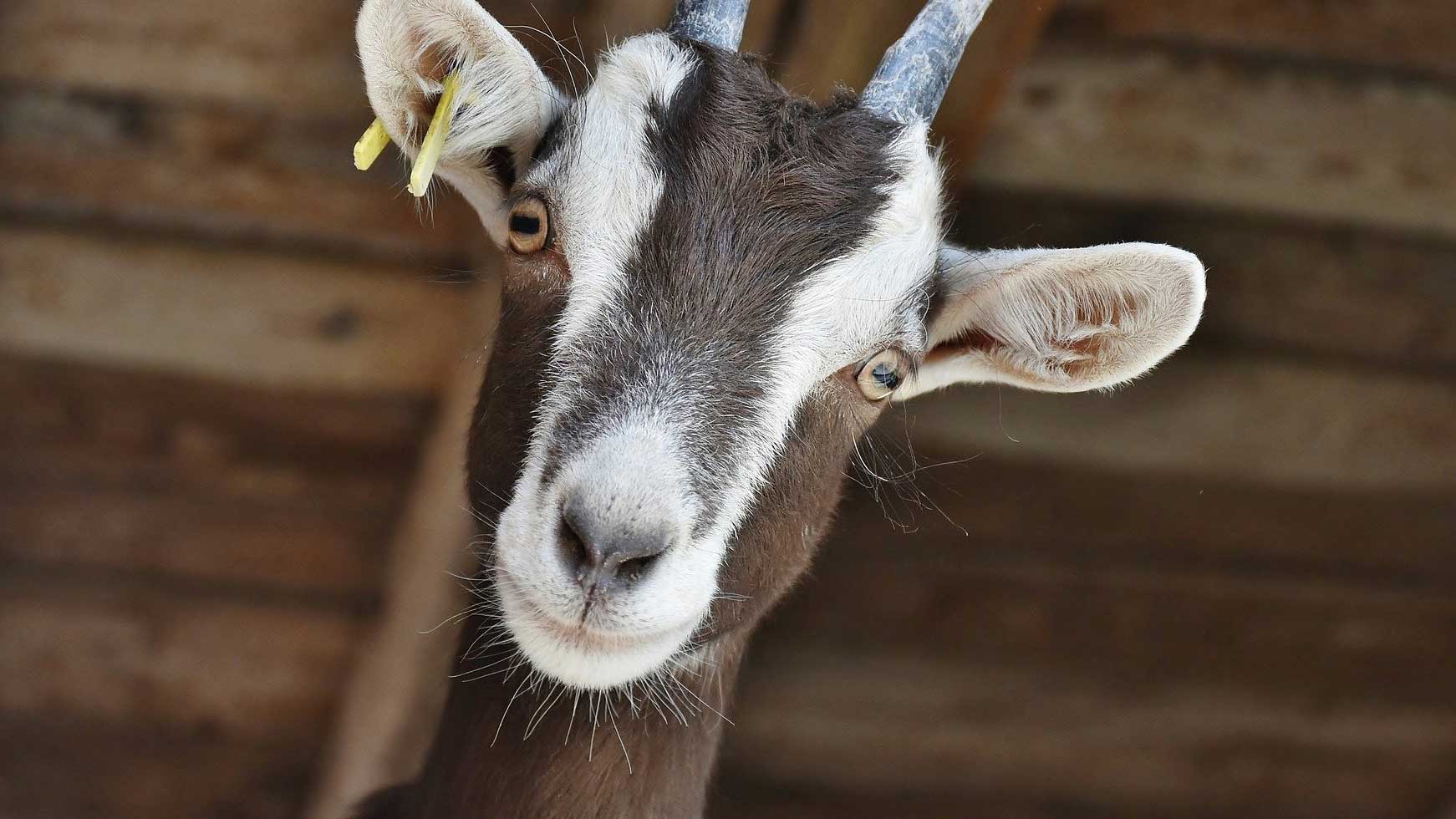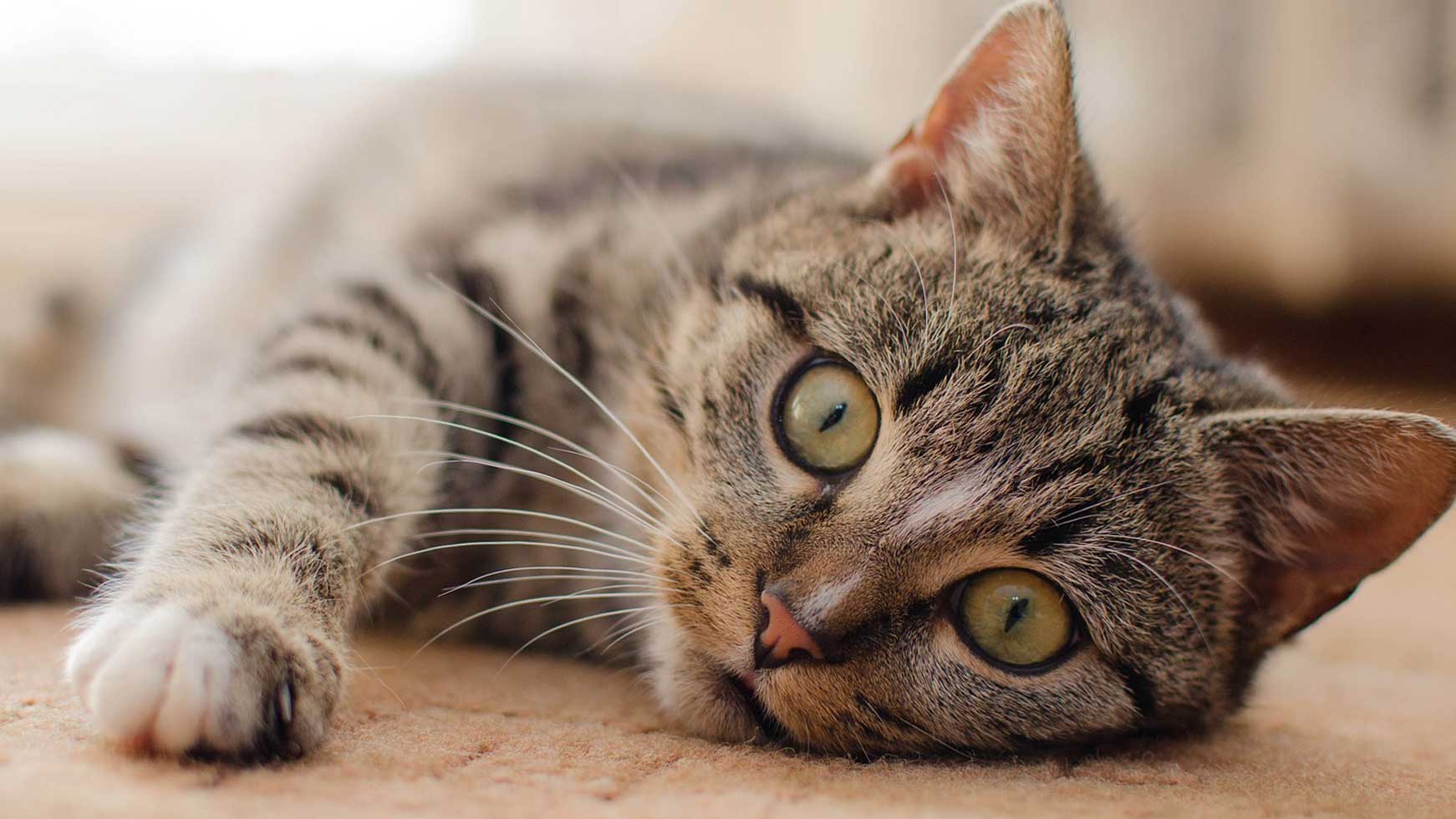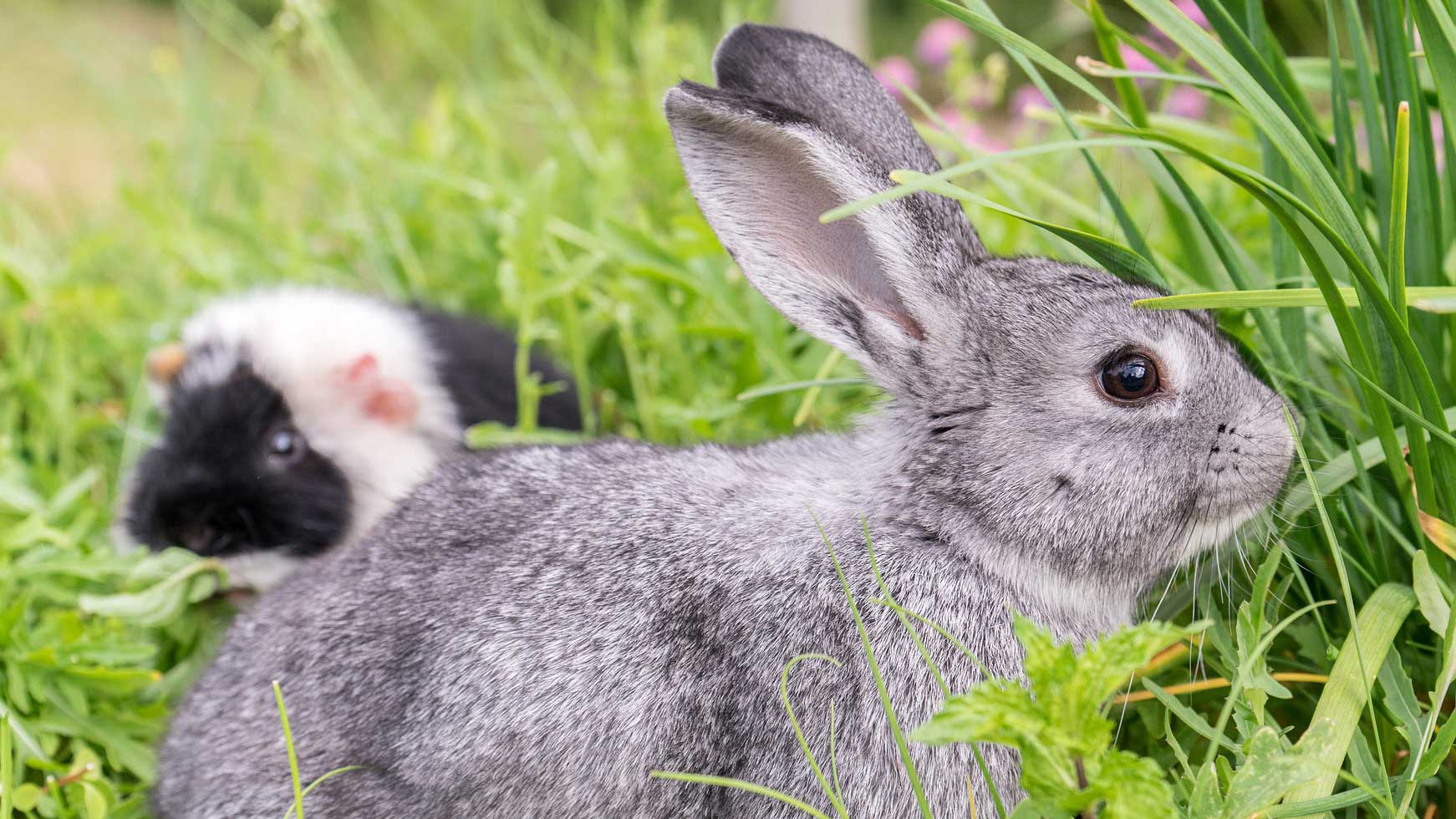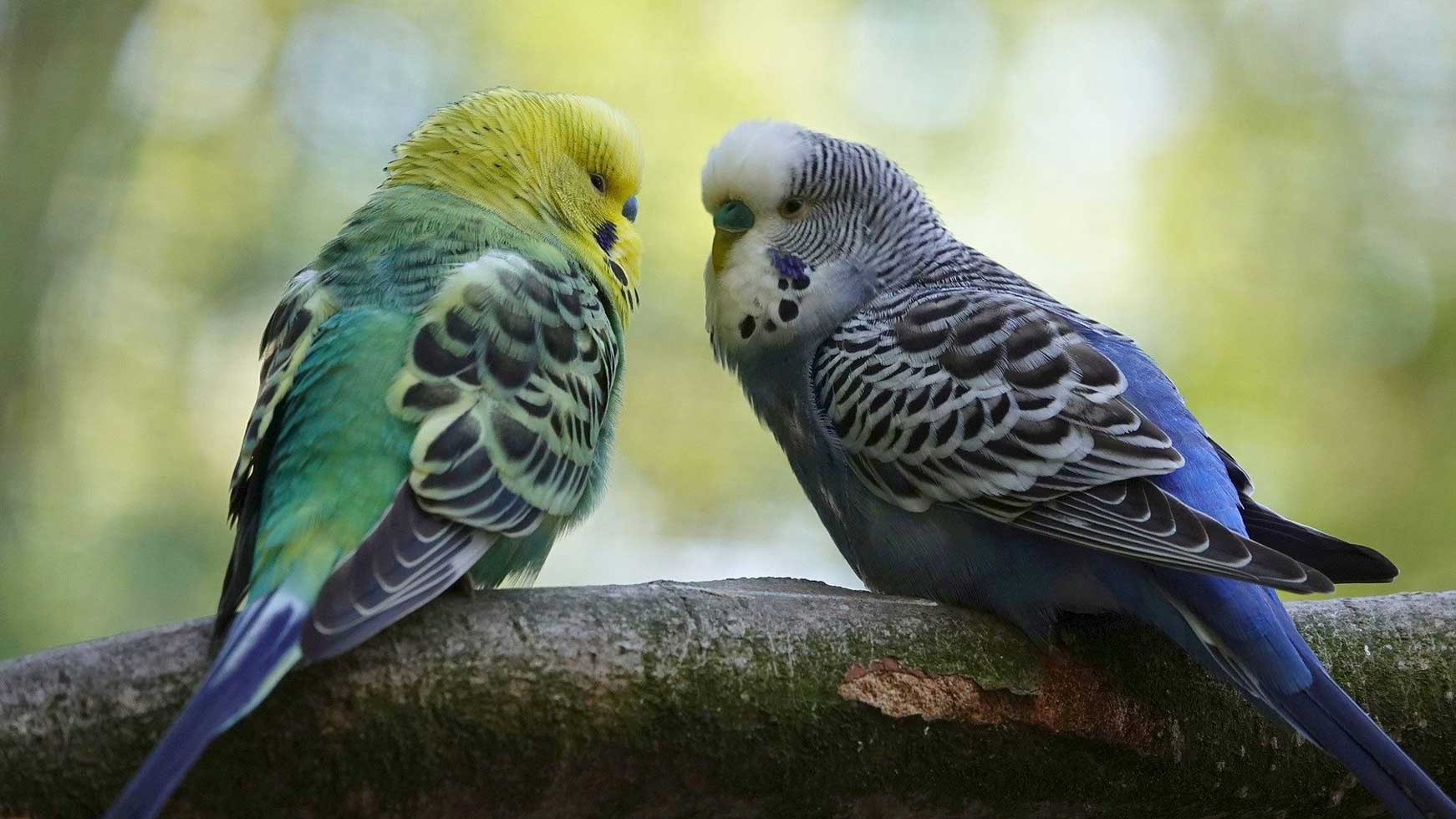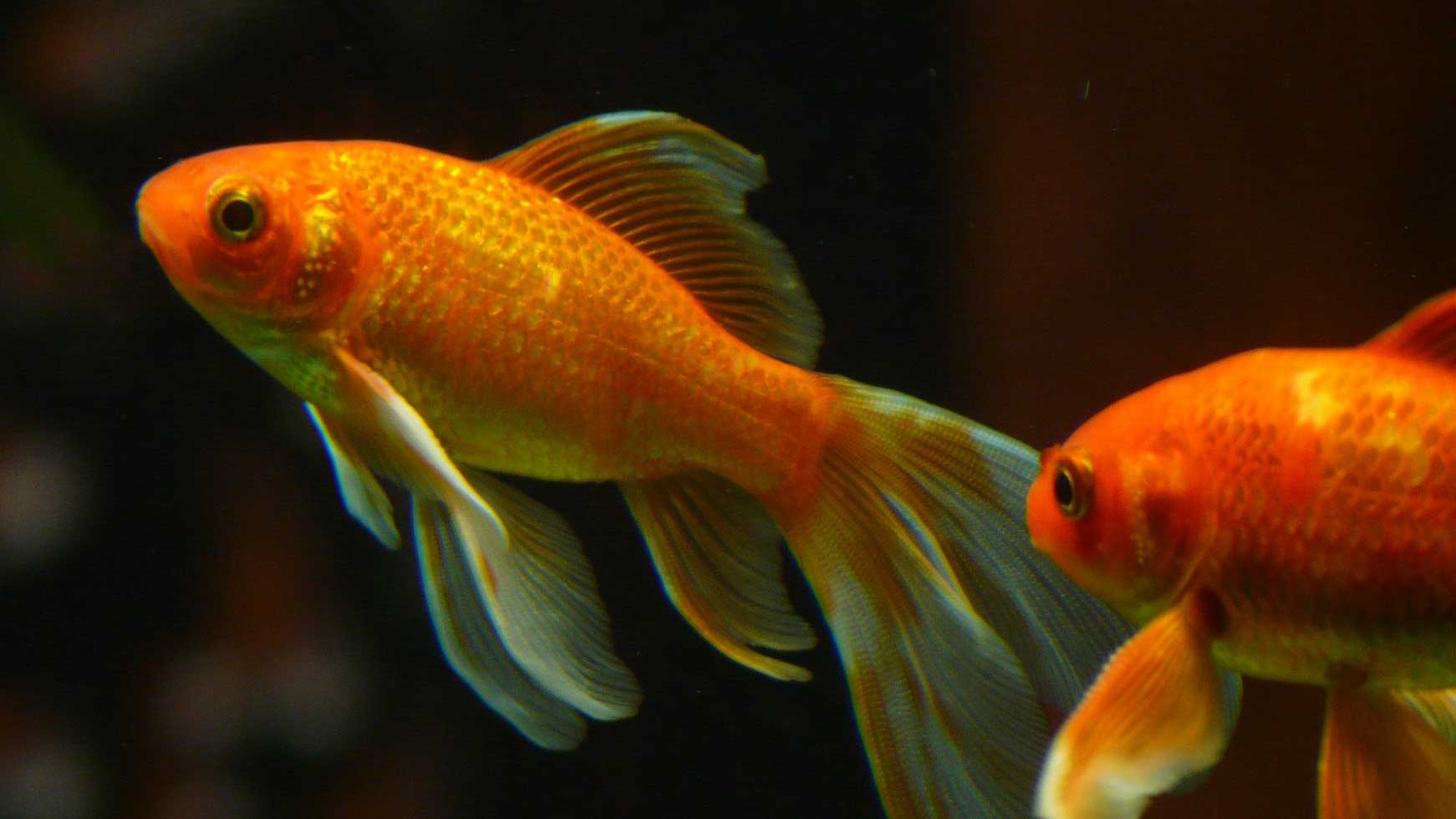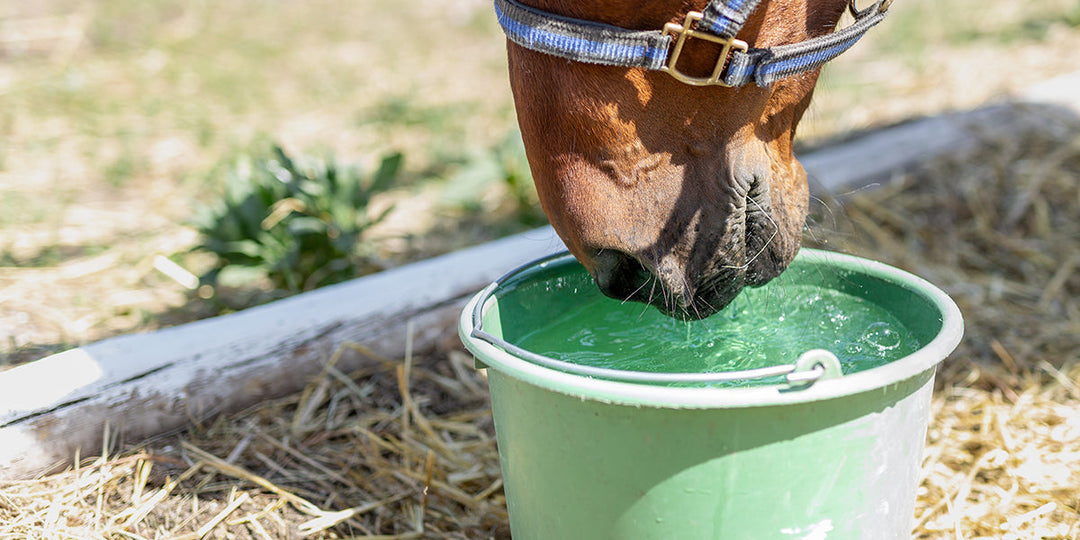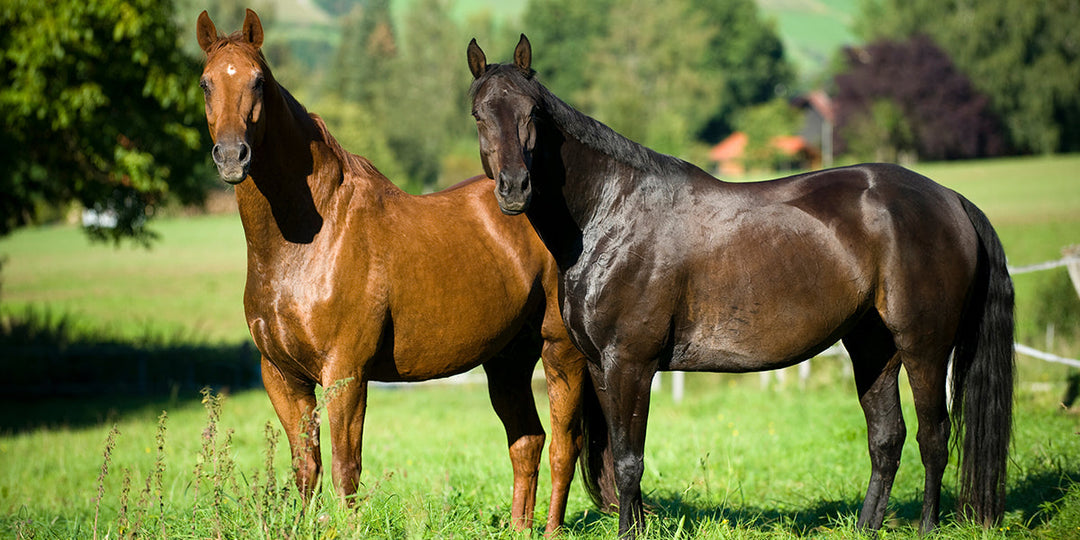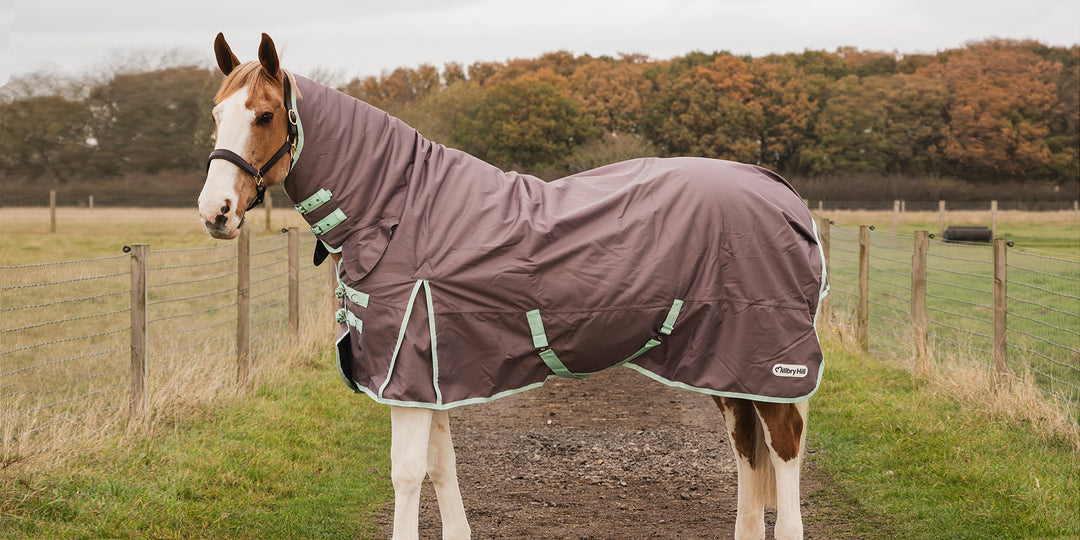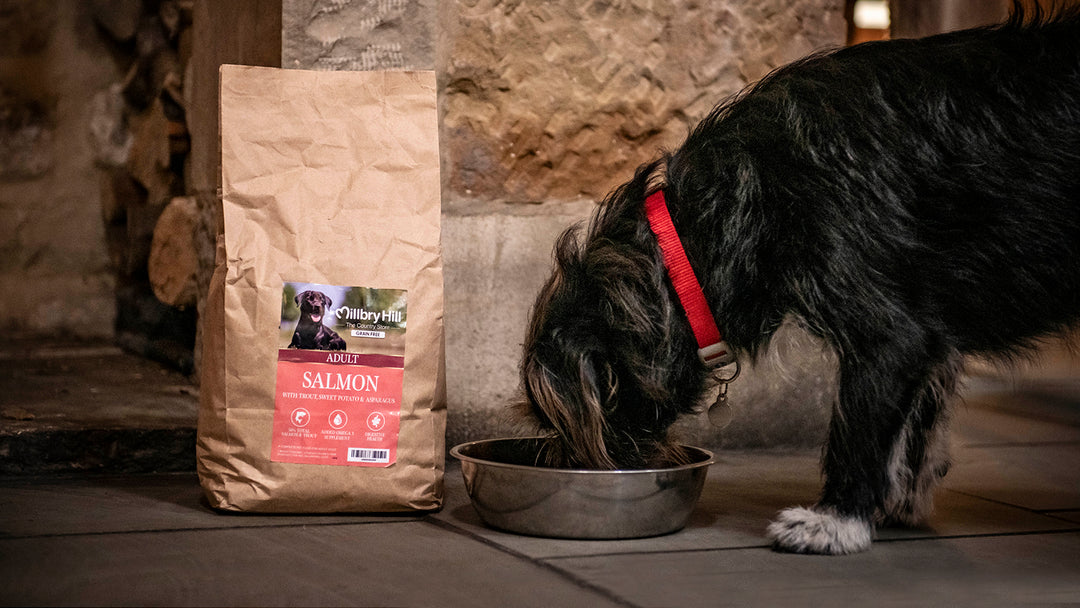Horse Care - A guide to Feeding Fussy Eaters

Dealing with “fussy eaters” and “picky feeders” is a problem familiar to many horse owners and can be frustrating when trying to provide the horse with a nutritionally balanced diet, particularly in those that are lacking in condition or have more advanced or specific nutritional needs.
There are a multitude of reasons for feed refusal or selective feeding and this can be a behaviour that develops quite suddenly, or can be a long term behaviour displayed by the horse.
Where the horse has suddenly become a fussy eater, it can often be his way of telling you something about his physical health or environment, so it is important to rule out any medical cause for his reluctance to eat. A dental issue, a digestive issue, an ulcer issue, or even something as apparently unrelated as lameness may cause the horse discomfort whist eating, deterring him from finishing his feed. Even if the horse is not experiencing discomfort directly from eating, with a recuperating or ill horse, normal behaviour is compromised and so it can often be expected that normal intake is reduced.
Once illness or an issue with the horse’s physical health is ruled out, it is useful to consider the horse’s environment and any changes he may have experienced to trigger the change. Has his feed changed? Has his hay or grazing changed? Did his routine change or has he moved stables or changed neighbours?
If you can identify what has changed in your horse’s environment you can attempt to normalise things for him. For example; if his fussy eating can be attributed to a change in feed, slowing the rate of change may help. Once he is happy and settled in his environment his appetite should return to normal.
Another consideration for a picky feeding is could the horse be overfed? As nutritionist Derek Cuddeford, author of Equine Nutrition, states;
“Horses are like kids, they’ll eat when they’re hungry. If you were hungry and given a plate of sandwiches, you would begin to eat. But, as you got more full, you would become picky and start looking at the fillings.”
A change in grazing from tired winter paddocks to lush spring grazing, for example, may reduce a horse’s appetite as more of his nutritional needs will be met by the increased availability of quality grazing.
Additionally, as horses are trickle feeders, designed to consume high fibre diet in at a small continuous flow, some horses may be over faced by a large bucket feed.
Splitting the ration into smaller meals over the day may help, or if this is not possible, feeding a balancer will allow you to reduce the volume of feed without compromising on the supply of essential vitamins and minerals.
Some horses however are just naturally picky. This may be a natural instinctive habit or a learned behaviour, but either way these horses may require a little more tempting to encourage them to eat their food.
Tips for Encouraging a Fussy Horse:
- Any changes in diet should be made gradually. This will not only make your horse more accepting of the changes but will also reduce the risk of any digestive upset.
- Feed little and often, giving free access to forage. Using a feed balancer or general purpose supplement will make up for any shortfall in the essential vitamins and minerals if not feeding your concentrated at the manufactures recommended volumes.
- Horses will naturally follow their natural browsing instincts and tend to increase their time spent eating if a variety of forages are offered in different locations around the stable.
- Increasing the amount of time your horse spends grazing can help, particularly when stress is a contributory factor to his loss of appetite.
- Whilst it is often recommended a horse be fed a ‘loading dose’ of a new feed supplement, if your horse is refusing to eat it, it may be worth trying to introduce the new supplement gradually. Some supplements are available in powder or liquid form and your horse may find one variety more palatable than others. Many horses tend to find liquid formulations more palatable than powdered supplements.
- Consider adding water toy your horse’s feed ration. As grazing animals, horses naturally consume a diet with a high water content. The addition of water, particularly warm (not hot) water, also helps bring out the natural smell of the food, which may help tempt a picky horse.
- Adding tasty extras can help tempt a fussy eater. Special feed toppings such as the Equilibrium Simply Irresistible Virtuous Veg and Simply Irresistible Fabulous Fruits feed toppers can also help to encourage those fussy feeders whist providing valuable probiotics which help support the digestive process. More traditional additions such as molasses or honey remain popular as the sweet taste is particularly attractive, or grating carrot or apple into the feed can help tempt a picking eater and reduce selective feeding.
- Bear in mind though, sometimes this could encourage the picky behaviour! Horses may leave their food knowing it will be replaced by something tastier, so by leaving them with their feed and not offering alternatives can sometime help remedy this learned behaviour.
- As long as there is no underlying medical problem and your horse is in in good condition, experiment to see what little changes to his routine and diet might work.





